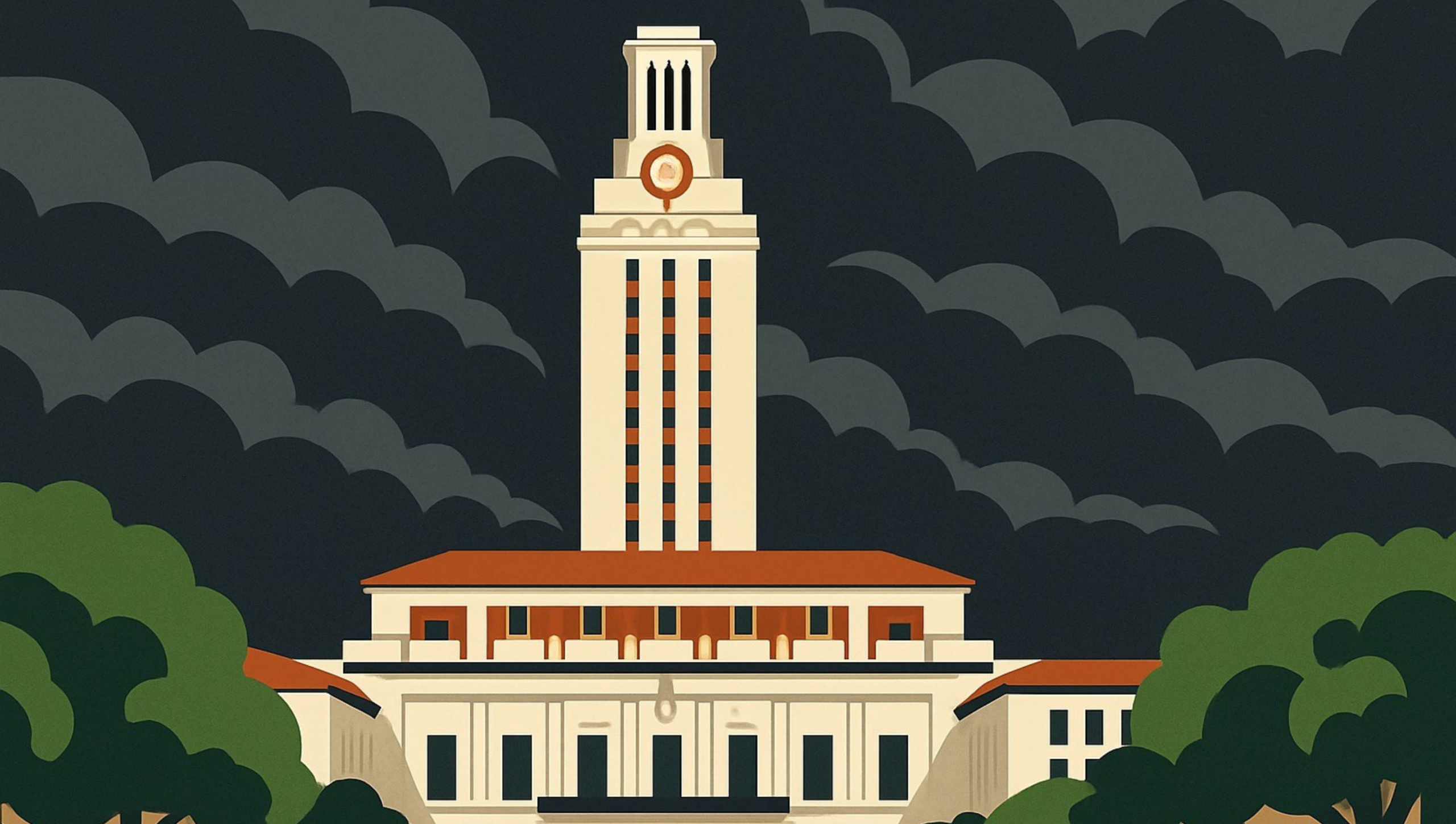What does it say about a state that has to pay off government schools and those within the government school system in order to potentially adopt a school choice system that benefits only some students?
That scenario is exactly what is playing out right now in the Texas Legislature.
The third special legislative session began Monday and per Texas Gov. Greg Abbott’s proclamation, the legislature is supposed to focus on four topics, one of which being that of education freedom or the implementation of a school choice program in Texas.
So just as they were gaveling in, proposed legislation authored by State Sen. Brandon Creighton (R-Conroe) seeking to establish Education Savings Accounts (ESAs) saw its way to being filed and referred to the Senate Education Committee, which Creighton chairs quickly thereafter. The very next day the legislation was heard in committee and voted out favorably by a vote of 10 to 3. Presumably, its next stop will be the Senate floor on Thursday where it is expected to pass by the same margins as similar legislation did in the regular legislative session earlier this year.
This story is not new. The effort to do this earlier this year ended up being stifled in the Texas House of Representatives, a legislative chamber with a long history of opposition to any and all school choice efforts, despite Gov. Abbott making the issue an emergency item in the regular session.
The shell game being played now is in the compromise(s). Despite it not specifically being enumerated by Gov. Abbott, the legislature is also considering proposed legislation that would increase the compensation for government school teachers, including additional compensation changes for teachers in small and mid-sized districts. That same legislation is seeking to provide additional per-student funding in the form of a $75 increase in the basic allotment in government schools. Plain and simple, it’s increasing funding in the existing government school system in the hopes of getting some of that support toward the ESA legislation. It has already passed out of the Senate Finance Committee unanimously.
Let’s Do The Math
Lawmakers appropriated $500 million in the regular legislative session earlier this year to establish an Education Savings Account (ESA) program, but that money spread out over the biennium (next two fiscal years) and assumes that legislation creating such a program passes. It is important to note that the $500 million does not come out of the Foundation School Program (FSP) which is what funds existing government schools. Put another way, this program does not take away existing resources for government schools.
Creighton’s proposed legislation would allow for up to $8,000 per student, per year, to be used for the purposes of an ESA. When you divide $500 million by $8,000 you get 62,500, meaning over a two-year period, 62,500 students could theoretically be serviced by an ESA program. Divide 62,500 by two, and that means you get about 31,250 students that could be serviced by an ESA program every year.
Records from the Texas Education Agency (TEA) show over 5 million students in the Texas government school system alone. This number does not include students who are currently in private schools or using other education options. As currently written, it appears Creighton’s legislation would, at a maximum, only service about 1 percent of existing government school students, and what’s more, once the appropriated money runs out, it reverts to a lottery system. I would hardly call that “universal”.
When Abbott called for a third special session he enumerated Education Freedom as a topic to be considered. In his proclamation, he specifically directed the legislature to consider “legislation providing education savings accounts for all Texas schoolchildren.” I would redirect your attention to the use of the word “all”. Thus far, it does not appear the legislature has any intention of heeding that call.
What Does It All Mean?
Put simply, it means that lawmakers are leading with compromise in an effort to establish school choice in Texas. Admittedly, it is unlikely to get a universal school choice program established in Texas in the near term, despite it having overwhelming bipartisan support according to polling and being included as an issue that the Republican Party of Texas supports in its own platform since it is Republicans that control the Texas Legislature and have done so for two decades.
Special legislative sessions have the ability to last for up to 30 days at a time. Having started on October 9, the session could last until early November. Gov. Abbott had previously indicated he would entertain calling lawmakers back for yet another special session if they do not successfully get school choice for all across the finish line.
It is thus far unclear what school choice legislation, if any, is prioritized in the Texas House of Representatives. As of this publication, none have been filed. State Rep. Jacey Jetton (R-Richmond) indicated he will have legislation (not filed as of yet) to fulfill Gov. Abbott’s request, yet he has also indicated that the bill would prioritize the needs of low-income and special needs students in Texas.
I would hardly call that universal if it does not apply to all Texas students equally.
Regardless, Texans will have to see how the next few weeks play out. It remains unclear, what, if any, proposal will make it through the entirety of the legislative process and whatever, when, and if it does it would be beneficial to Texas students.
Texans for Fiscal Responsibility relies on the support of private donors across the Lone Star State in order to promote fiscal responsibility and pro-taxpayer government in Texas. Please consider supporting our efforts! Thank you!
Get The Fiscal Note, our free weekly roll-up on all the current events that could impact your wallet. Subscribe today!




